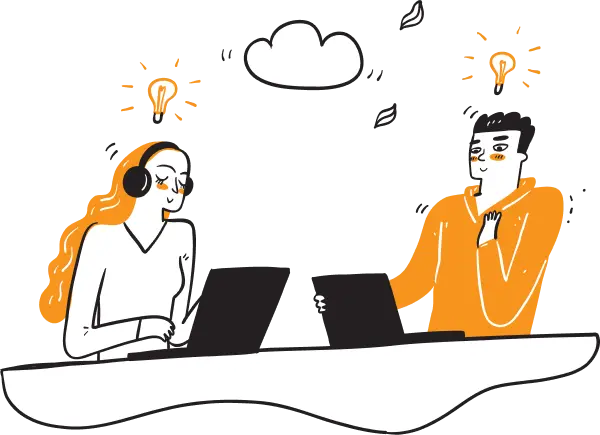Productivity is the key to success in any workplace. However, the concept of productivity goes beyond simply working hard or for longer hours. There is a science to productivity, and understanding the underlying principles can help you optimize your workday for maximum efficiency. In this article, we will explore the science behind productivity and provide practical tips for boosting productivity in the workplace.
Sleep
The quality and duration of sleep can significantly impact productivity. According to research, adults require seven to nine hours of sleep per night. Sleep deprivation can lead to fatigue, reduced concentration, and decreased cognitive function, all of which can hinder productivity.
To optimize your sleep for maximum productivity, try to establish a consistent sleep schedule, avoid caffeine and alcohol before bedtime, and create a relaxing environment for sleeping.
Exercise
Regular exercise can also improve productivity. According to research, exercise increases blood flow to the brain, which improves cognitive function and focus. Exercise also increases energy levels and reduces stress, which can lead to improved productivity.
To incorporate exercise into your workday, consider taking regular breaks to walk around or stretch. You can also schedule exercise before or after work, or join a gym close to your workplace.
Multitasking
Contrary to popular belief, multitasking can actually decrease productivity. Studies have shown that the brain can only focus on one task at a time, and attempting to multitask can lead to reduced efficiency and errors.
To improve productivity, focus on completing one task at a time, and avoid distractions such as email or social media notifications. Set aside specific times during the day to check and respond to emails and messages.
Breaks
Taking regular breaks throughout the workday can also improve productivity. Research has shown that taking short breaks can increase focus and productivity by reducing fatigue and boredom.
To optimize your workday for maximum productivity, take short breaks every hour or two. Use this time to walk around, stretch, or engage in a non-work-related activity.
Environment
The environment in which you work can also impact productivity. A cluttered or noisy workspace can lead to distractions and decreased productivity.
To optimize your work environment for maximum productivity, create a clean and organized workspace. Use noise-cancelling headphones or play soft background music to reduce distractions. Here's our top 3:
- Focus@Will - This website offers personalized music channels designed to increase focus and productivity. Users can choose from a variety of music genres and customize the tempo and intensity of the music to match their work style.
- Coffitivity - This website offers ambient background noise to recreate the ambient sounds of a coffee shop. According to research, ambient noise can improve creativity and focus.
- Brain.fm - This website offers AI-generated music designed to improve focus, relaxation, and sleep. Users can choose from a variety of music genres and customize the music to match their mood and needs.
In conclusion, productivity is a crucial factor for success in the workplace, and understanding the science behind productivity can help you optimize your workday for maximum efficiency. Incorporating strategies such as improving sleep, regular exercise, avoiding multitasking, taking regular breaks, and creating a clean and organized work environment can all contribute to improving productivity. Remember, small changes can have a significant impact on productivity and ultimately lead to greater success in the workplace.






